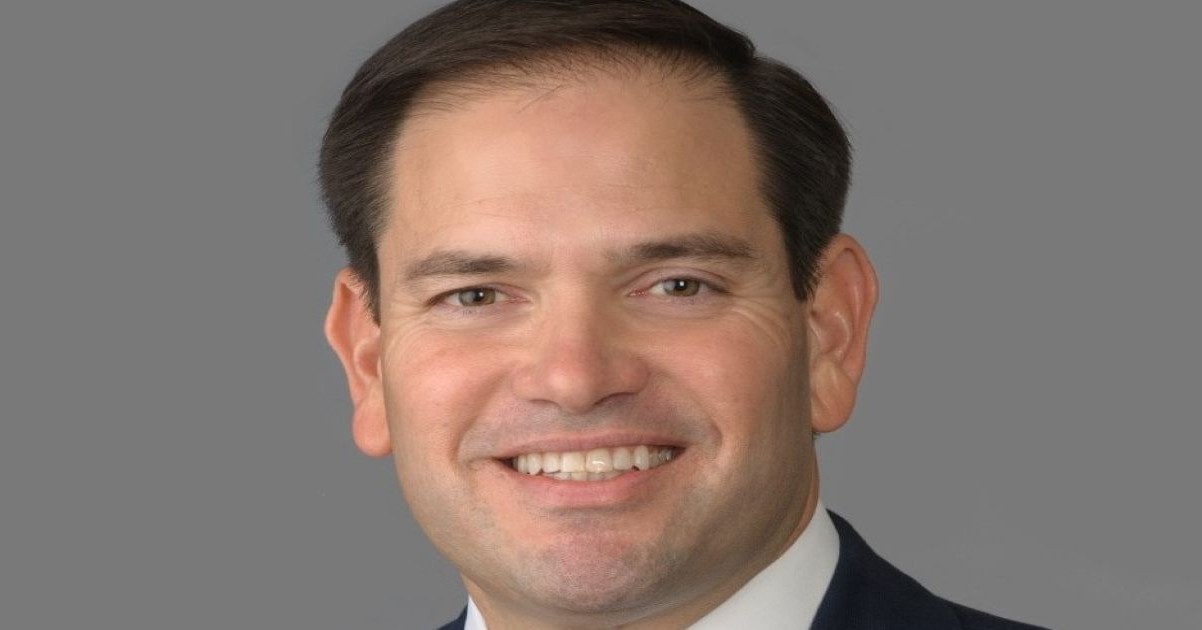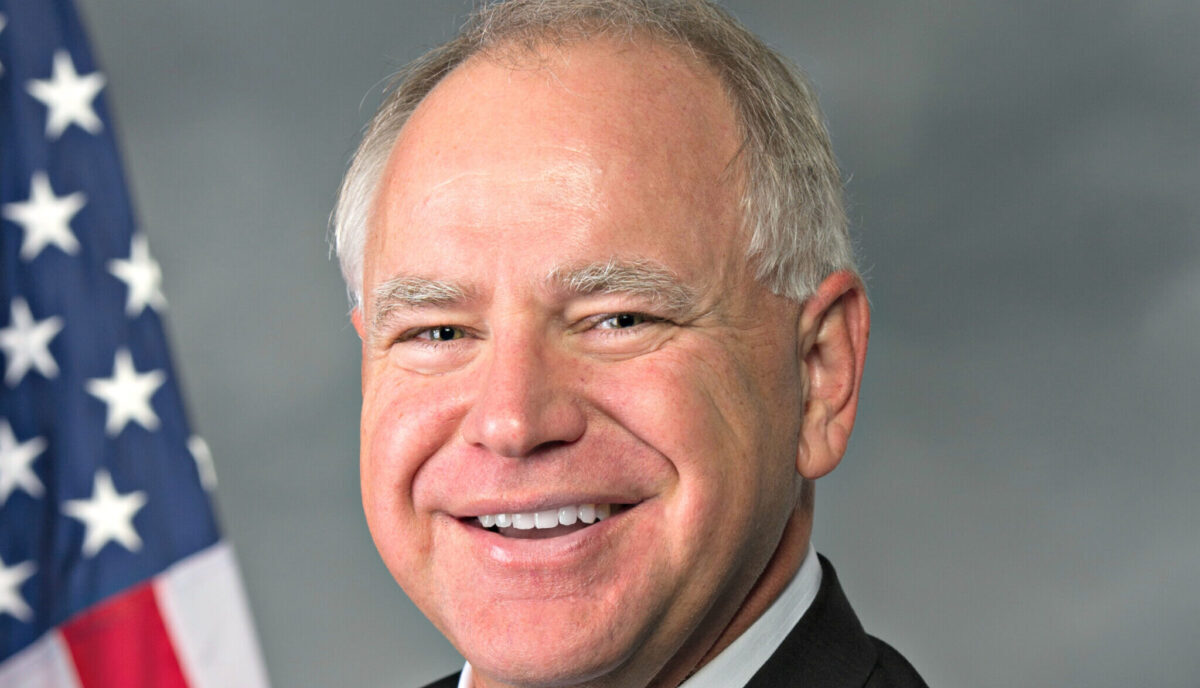Judge blocks Trump's order cutting funding for 'sanctuary' jurisdictions
Among President Donald Trump's raft of Day One actions in January was an executive order to cut off federal funds for so-called "sanctuary" jurisdictions that refuse to cooperate with federal officials in enforcing federal immigration laws.
Unfortunately, like so many of Trump's other executive actions, a Democrat-appointed federal judge just issued an injunction that bans the administration from proceeding with the order to defund "sanctuary" cities, counties, and states, as Breitbart reported.
The same judge, appointed by former President Barack Obama to preside over the federal district court in San Francisco, California, blocked a similar executive order targeting "sanctuary" jurisdictions in 2017 during Trump's first term.
Trump targets sanctuary jurisdictions
On Jan. 20, President Trump issued an executive order titled "Protecting the American People Against Invasion" that initiated a broad federal crackdown against illegal immigration, which included a provision targeting typically Democrat-run "sanctuary" jurisdictions that refuse to cooperate or actively oppose and resist efforts to enforce federal immigration laws.
The order includes Section 17, which states: "The Attorney General and the Secretary of Homeland Security shall, to the maximum extent possible under law, evaluate and undertake any lawful actions to ensure that so-called 'sanctuary' jurisdictions, which seek to interfere with the lawful exercise of Federal law enforcement operations, do not receive access to Federal funds."
About one month later, Trump issued a follow-up executive order titled "Ending Taxpayer Subsidization of Open Borders," which in part directed all department and agency heads to "ensure, consistent with applicable law, that Federal payments to States and localities do not, by design or effect, facilitate the subsidization or promotion of illegal immigration, or abet so-called 'sanctuary' policies that seek to shield illegal aliens from deportation."
In between those two orders, Attorney General Pam Bondi issued a Justice Department directive that somewhat defined what constituted a "sanctuary" jurisdiction that should be cut off from federal funds because of their uncooperativeness or active resistance to the administration's policies on illegal immigration.
"Here we are again"
According to The Hill, 16 separate cities and counties across the country, mostly located in California and the West Coast, filed a lawsuit seeking an injunction against President Trump's orders, and on Thursday, they got their wish thanks to U.S. District Judge William Orrick.
In a six-page summary order, Judge Orrick began by noting that he'd blocked a similar attempt in 2017 from Trump to defund "sanctuary" jurisdictions and quipped, "Here we are again."
He further observed that, just as in 2017, the administration argued that the plaintiff jurisdictions had no standing to bring the suit since it was merely "guidance" for executive branch departments and agencies, as well as that no jurisdiction had actually lost any federal funds yet, but as he did the first time, Orrick rejected those arguments.
The judge instead determined once again that the plaintiff jurisdictions had "pre-enforcement standing" to sue because they "each have policies that place them within the scope of the funding freeze," as well as that they had a "well-founded fear of enforcement" given the "plain language" of Trump's orders and Bondi's memo, prior actions and directives aimed at other jurisdictions, and public comments from the president and other officials.
Judge issues injunction
In the end, Orrick summarily agreed with the plaintiff jurisdictions' assertions that President Trump's orders and AG Bondi's memo violated the separation of powers principle and the U.S. Constitution's Spending Clause, in that the executive branch planned to "withhold, freeze, or condition federal funding apportioned to localities by Congress."
He also opined that the administration's actions would likely violate the Fifth Amendment's guarantee of due process, the Tenth Amendment's prohibition against the "coercive" commandeering of local officials to enforce federal laws, and that Bondi's memo likely violated certain provisions of the Administrative Procedures Act.
As such, Orrick ruled that the Trump administration was "HEREBY RESTRAINED AND ENJOINED from directly or indirectly taking any action to withhold, freeze, or condition federal funds" from the plaintiff jurisdictions, and further ordered the administration to "provide written notice of this Order" to all departments and agencies by next week to ensure compliance with his ruling.






